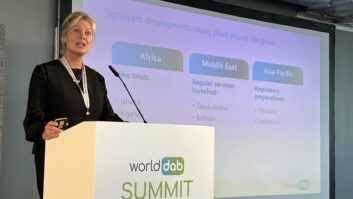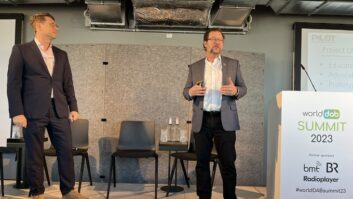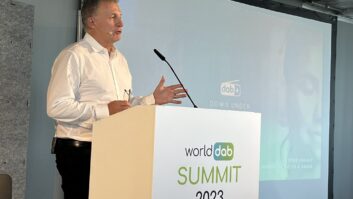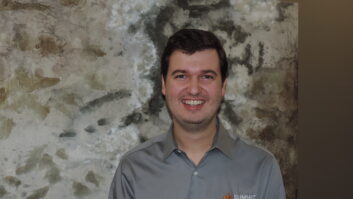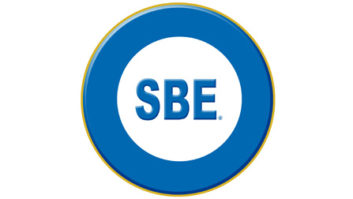LG Stylus smartphoneKUALA LUMPUR, Malaysia � Over 140 industry professionals from 20 different countries joined the DAB+ workshop at ABU DBS this year, discussing the progress of DAB+ in the region, hybrid radio, the business case for implementing DAB+ and the benefits of DAB+ in smartphones.

Entitled �DAB+ Expansion in Asia Pacific,� the workshop also featured three breakout sessions, during which delegates discussed aspects of DAB+ rollout: regulation, technology and development of new content. During breakout sessions, attendees discussed challenges including: spectrum management across borders, the impact of the self-driving car and the cost of delivering radio over mobile data.
�When Australia was considering a digital platform we considered all the technologies,� said Commercial Radio Australia�s Joan Warner, quoted inasiaradiotoday.com.�We chose DAB+ because some standards were not right for us. We�re confident Australia made the right choice. DAB+ is becoming the most popular digital radio standard around the world.�
Warner also spoke about the LG Stylus smartphone, which is the first DAB phone. �It has become LG�s top selling phone in Australia. The smartphone can receive all radio stations free to air via DAB� there are no streaming costs for the listeners.�
Australia leads the way for DAB+ in Asia Pacific, with 3.6 million listeners. Indonesia launched trial services in April 2016, DAB+ trials are taking place in Indonesia, New Zealand, Myanmar, and in Malaysia a trial local DAB+ multiplex is on air in Kuala Lumpur shared by public and commercial broadcasters. Trials are planned for Vietnam and Thailand.
�My message to broadcasters is let�s not sit on our hands and let someone else take our industry away from us,� she said, urging broadcasters to take control, act together as an industry and be proactive in getting governments to reserve spectrum for future broadcasting needs.
�





